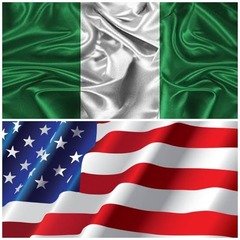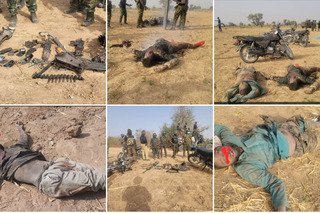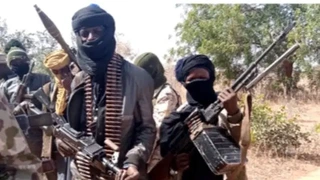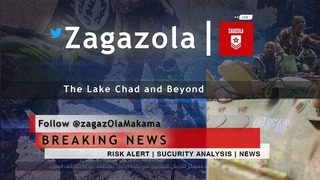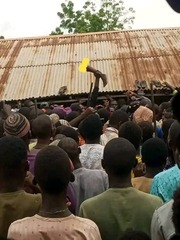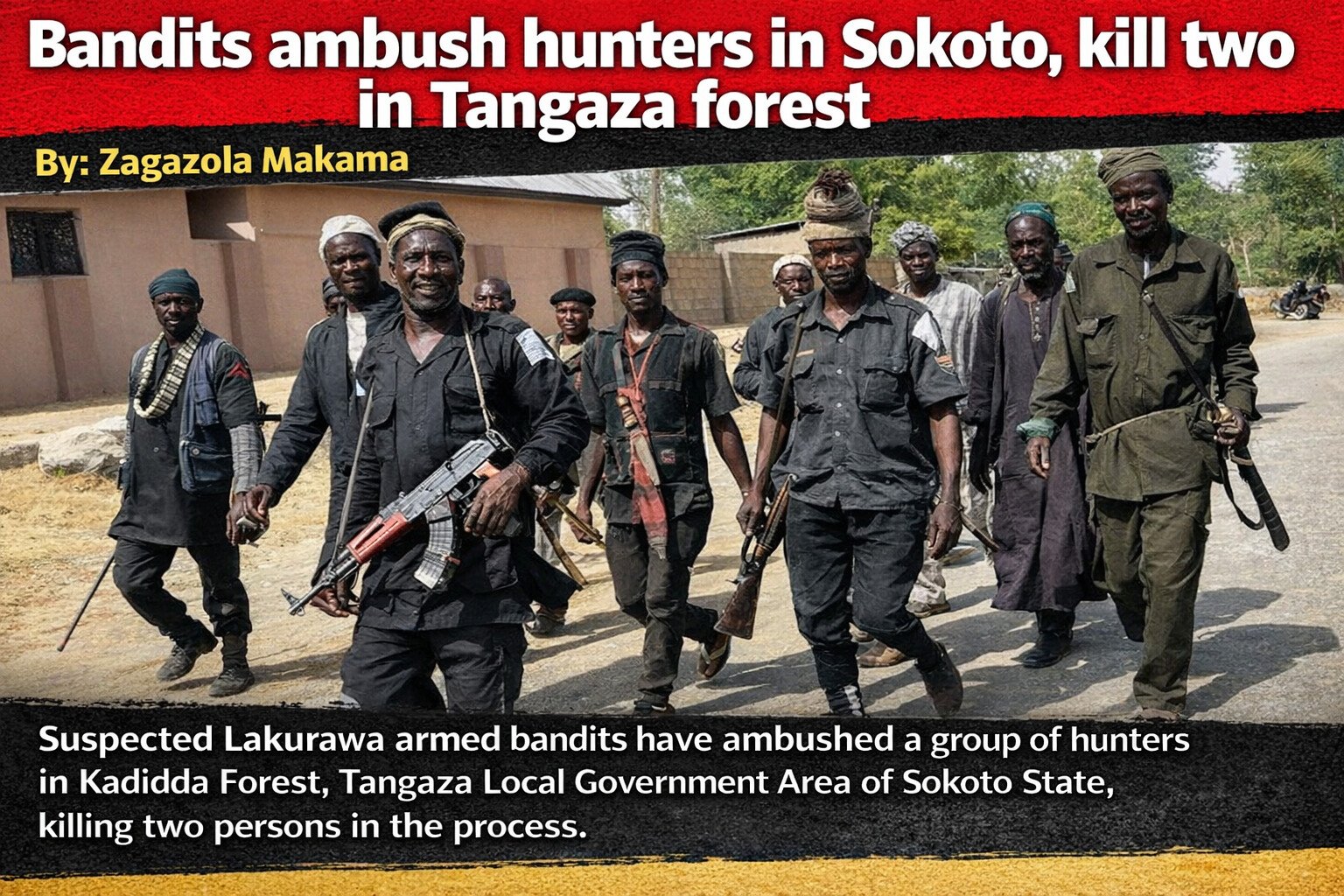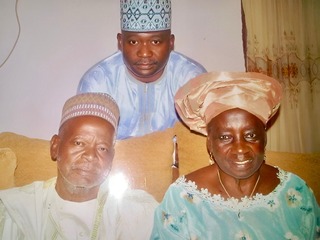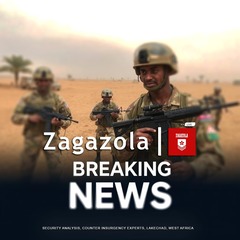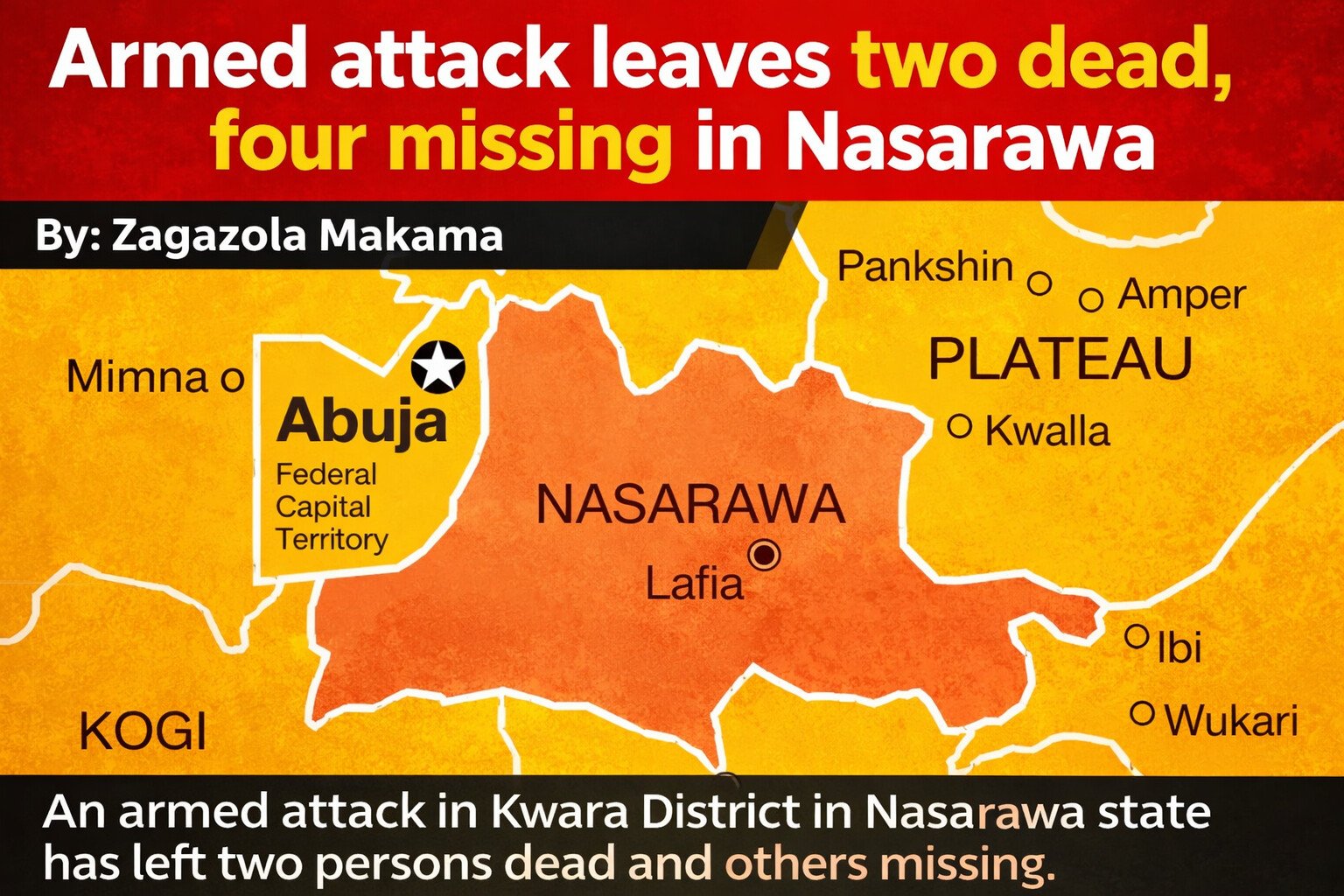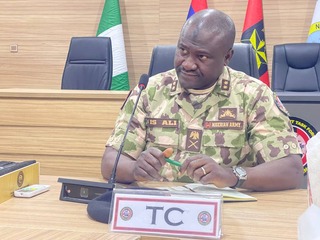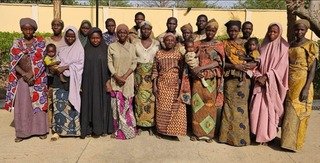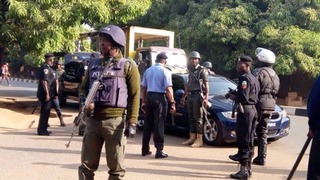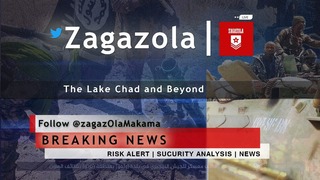ECOWAS-AES Split: A Turning Point for West Africa with Far Reaching Consequences
By: Zagazola Makama
The recent withdrawal of Mali, Burkina Faso, and Niger from the Economic Community of West African States (ECOWAS) marks a defining moment in the geopolitical landscape of West Africa. The move, which formalizes the creation of the Alliance of Sahel States (AES), has sparked widespread debate about its short-, medium-, and long-term consequences for the region.
While the three Sahelian nations frame their exit as a step toward sovereignty and self-reliance, the rupture presents a host of economic, security, and political challenges that could reshape the future of West Africa.
The ECOWAS-AES split is not an isolated event but the culmination of a series of diplomatic missteps, sanctions, and trust deficits between regional leaders.
Following military coups in Mali (2021), Burkina Faso (2022), and Niger (2023), ECOWAS adopted a rigid stance, imposing sanctions and threatening military intervention, particularly in Niger. These punitive measures, while intended to restore constitutional order, had unintended consequences—alienating the junta-led governments and fueling resentment against ECOWAS.
Mali, which had already faced sanctions after its 2021 coup, accused ECOWAS of selective punishment, pointing out the bloc’s leniency towards other unconstitutional power shifts in West Africa. Burkina Faso and Niger echoed these sentiments, arguing that ECOWAS had become an extension of Western influence rather than a neutral mediator.
This diplomatic breakdown, coupled with security failures in the Sahel, led to the formation of AES as an alternative regional alliance. The perception that ECOWAS had failed to support Sahelian nations in their fight against terrorism further deepened mistrust, accelerating the decision to withdraw from the bloc.
The immediate fallout from the ECOWAS-AES split has been a surge in diplomatic tensions. ECOWAS, which had suspended Mali, Burkina Faso, and Niger following military coups in those countries, has been accused by their leaders of external interference and neocolonial influence. In response, the AES bloc has sought closer ties with non-Western powers such as Russia, China, and Turkey, signaling a shift away from traditional alliances.
Moreover, ECOWAS’s credibility as a regional mediator has been undermined. With three key members gone, the bloc’s ability to maintain cohesion and enforce regional agreements is in question.
The split also threatens to weaken regional security coordination against terrorist groups operating in the Sahel. ECOWAS has played a crucial role in intelligence-sharing and joint military operations, and its strained relationship with AES could lead to disjointed counterterrorism strategies.
Analysts fear that the lack of unified action may allow extremist groups, such as Jama’at Nusrat al-Islam wal-Muslimin (JNIM) and the Islamic State in the Greater Sahara (ISGS), to exploit security gaps, increasing instability in the region.
On the economic front, the consequences are already being felt. ECOWAS’s sanctions on Niger, imposed after the July 2023 coup, disrupted trade routes, causing food and fuel shortages. While the sanctions were later lifted, the broader economic impact of the split remains significant.
The three AES countries, which heavily depend on intra-regional trade, now face the challenge of finding alternative markets and trade routes. The disruption of supply chains could lead to inflation and economic contraction, not just in the AES states but also in neighboring ECOWAS economies that rely on Sahelian trade routes.
If the crisis persists, ECOWAS may be forced to rethink its institutional framework to restore legitimacy. Failure to address internal divisions could lead to further fragmentation, with other discontented member states considering alternative alliances.
At the same time, AES is positioning itself as a counterweight to ECOWAS, potentially attracting other countries with grievances against the regional bloc. This could lead to a more divided West Africa, where multiple regional organizations operate in parallel, limiting the effectiveness of economic and security cooperation.
Without a strong regional security mechanism, asymmetric conflicts in the Sahel could intensify. The three AES nations, already struggling with insurgencies, may find it increasingly difficult to contain violence without coordinated intelligence-sharing and military cooperation with ECOWAS neighbors.
Additionally, AES states have shown an increasing reliance on external military partners, particularly Russia’s Wagner Group. While these forces provide short-term security support, their presence raises concerns about long-term sovereignty and potential human rights violations.
Economically, AES states will likely seek to diversify trade partnerships, focusing on nontraditional partners such as China, Russia, and Turkey. This shift could permanently alter West Africa’s economic landscape, potentially reducing the region’s dependence on ECOWAS-driven trade and financial structures.
However, prolonged economic isolation from ECOWAS markets could lead to further economic hardship, with rising poverty rates and growing unemployment, increasing the risk of social unrest.
The ECOWAS-AES divorce raises critical questions about the future of regional integration in West Africa. If the split persists, it could lead to the emergence of two distinct economic and political blocs, reducing the effectiveness of regional trade agreements and weakening Africa’s collective bargaining power on the global stage.
The African Union (AU) may be forced to play a greater mediating role to prevent further fragmentation. However, if political and security tensions escalate, AU intervention may come too late to prevent lasting divisions.
The long-term implications of this split could be severe if tensions escalate into outright conflict. Prolonged instability in the Sahel could spill over into neighboring ECOWAS countries, creating a wider security crisis.
Additionally, if AES nations continue to depend on foreign military support to maintain security, they risk losing strategic autonomy, making them vulnerable to external influences that may not align with regional stability.
Why Nigeria Must Act as the ‘Big Brother’
As the largest economy and most influential political force in West Africa, Nigeria has a crucial role to play in de-escalating tensions and preventing further fragmentation.
Nigeria should lead mediation efforts between ECOWAS and AES, ensuring that dialogue remains open. Instead of punitive measures, a diplomatic approach that acknowledges AES concerns while preserving ECOWAS unity is needed. Nigeria must prioritize intelligence-sharing and joint security operations with AES states, recognizing that the fight against terrorism requires regional collaboration. Nigeria should explore trade agreements and economic partnerships that prevent AES states from complete isolation, ensuring that economic hardship does not drive them further into foreign influence.
Nigeria’s leadership is critical in preventing the permanent division of West Africa. By offering a framework for reintegration or cooperation between ECOWAS and AES, Nigeria can help create a more resilient and stable regional bloc.
The ECOWAS-AES split is more than just a political dispute. it is a historic shift that could redefine West Africa’s geopolitical and economic future. Nigeria, as the regional powerhouse, must act decisively to bridge the divide and foster a more cooperative West Africa.
Ultimately, the fate of the region hinges on pragmatic leadership, and Nigeria’s role as a stabilizing force will determine whether West Africa emerges stronger or more fragmented than ever before.



